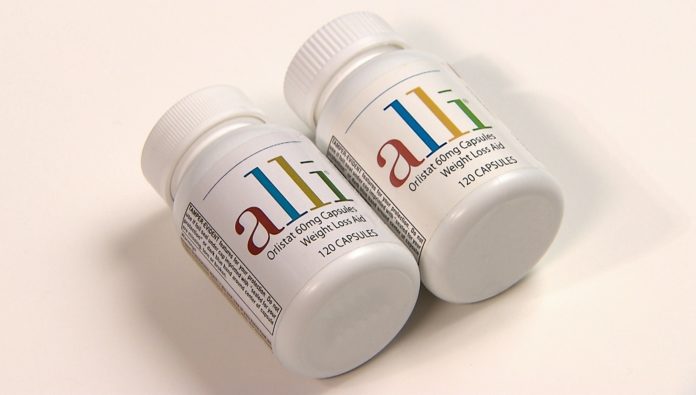A new meta analysis finds falsified and substandard drugs constitute more than 13% of all drugs
Substandard and falsified medicines constitute 13%to 64% of all essential medicines in developing countries. These include medicines for malaria.
A new meta-analysis from the University of North Carolina at Chapel Hill involving 96 studies from 63 developing countries reported that substandard and falsified medicines constitute more than 13% of all essential medicines in low and middle-income countries. When looking specifically at African countries, the portion of substandard and falsified medicines rises to almost 19 percent.
Falsified medicines are medical products that deliberately and fraudulently misrepresent their identity, composition or source. Substandard medicines are real medical products that fail to meet quality standards or specifications for a variety of reasons, including poor manufacturing, shipping or storage conditions, or because the drug is sold beyond its expiration date.
Researchers reviewed 256 studies from five databases for studies related to substandard and falsified medicines and included 96 studies in their analysis. In each of the 96 previous studies of falsified and substandard medicines, researchers analyzed more than 50 medications. The team found that antimalarials and antibiotics were the medicines most commonly sold in substandard or falsified conditions.
In low and middle-income countries, 19 percent of antimalarials and 12 percent of antibiotics are substandard or falsified
In low and middle-income countries, 19 percent of antimalarials and 12 percent of antibiotics are substandard or falsified.
The paper was published in the journal JAMA Network Open.
“The prevalence of substandard and falsified medicines is a substantial public health problem because these medicines can be ineffective or harmful and can prolong illnesses, cause poisoning or lead to dangerous drug interactions,” said Ozawa, an associate professor at the UNC Eshelman School of Pharmacy who led the research.
He added: “Our study shows that a concerted global effort is needed to improve supply chain management for medicines and to identify solutions to this understudied issue.”
Substandard and falsified medicines market size is estimated to be ranging widely from $ 10 billion to about $ 200 billion and can burden most health systems by diverting resources to ineffective or harmful therapies, added the researchers.
“We need more global collaboration to implement laws on drug quality, increase quality control capacity, and improve surveillance and data sharing,” said James Herrington, a professor in the UNC Gillings School of Global Public Health and a co-author of the study. “This can strengthen the global supply chain against poor quality medicines, improve health outcomes by reducing antimicrobial and anti-parasitic resistance and, ultimately, help governments, businesses and patients save money.”



Hello